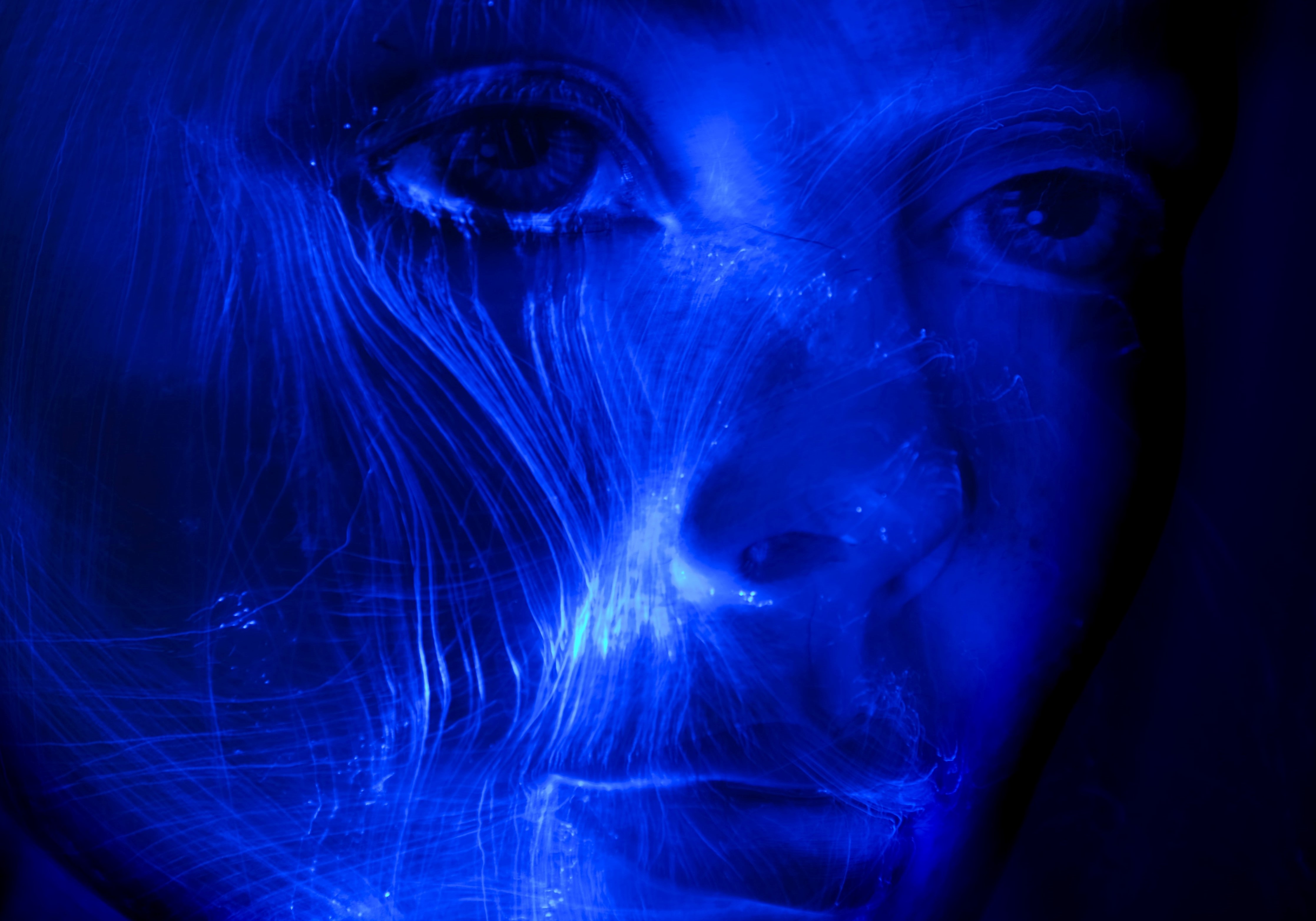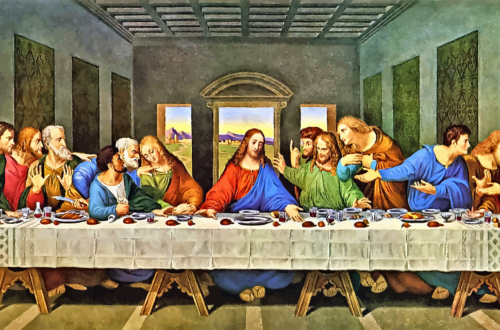
Modern Humans Have Lost the Sacred
In his essay, “The Spiritual Problem of Modern Man,” psychoanalyst Carl Jung argued the modern world was approaching a catastrophe because it had lost touch with the sacred.
By sacred, Jung meant the essence that creates and holds all things together in harmony. It is a deeper reality that is an intelligent reference point for our morality, ethics and values.
It’s also a place beyond reason, an experience of wisdom in the deepest part of our being. It tells us who we are, where we came from and our purpose.
The Divine Worldview of the Middle Ages
Jung stated that during the Middle Ages, before the modern worldview took hold, God, this unifying and uplifting force, informed people who they were, where they came from, and why they were here. People felt they had a place and purpose in the universe. They felt they belonged.
Jung described it thusly:
“How totally different did the world appear to medieval man! For him, the earth was eternally fixed and at rest in the centre of the universe. … Men were all children of God under the loving care of the Most High, who prepared them for eternal blessedness, and all knew exactly what they should do and how they should conduct themselves in order to rise from a corruptible world to an incorruptible and joyous existence. Such a life no longer seems real to us, even in our dreams.”
The Worldview of the Middle Ages No Longer Seems Real
While Jung showed the importance of the Medieval worldview, he also maintained that “such a life no longer seems real to us.”
Such a worldview is comforting but it’s not based on reality. Humanity must grow and evolve. Just as a young child living safely and securely in the bosom of their parents’ home, where all their cares and needs are taken care of, will eventually have to grow up and venture into the world to make it on their own if they are to mature into independent adults.
Jung said humanity must also make that leap, and the creation of the modern world was that leap. Unfortunately, the modern world threw the proverbial baby out with the bathwater, and while it ended many fantasies and falsehoods of the Medieval world, it also eliminated meaning and purpose. This change freed people from religion, but also left them with no foundation on which to base their lives.
The Cost of the Modern Worldview
In his “Death of God” parable, the existentialist philosopher Friedrich Nietzsche explained the devastating consequences of this change, something we are still grappling with, whether we are aware of it or not. Nietzsche laid out the implications of the Death of God:
“The madman jumped into their midst and pierced them with his eyes. ‘Whither is God?’ he cried; ‘I will tell you. We have killed him — you and I. All of us are his murderers. But how did we do this? How could we drink up the sea? Who gave us the sponge to wipe away the entire horizon? What were we doing when we unchained this earth from its sun? Whither is it moving now? Whither are we moving? Away from all suns? Are we not plunging continually? Backward, sideward, forward, in all directions? Is there still any up or down? Are we not straying, as through an infinite nothing? Do we not feel the breath of empty space? Has it not become colder? Is not night continually closing in on us?’ “
Here, Nietzsche explained that the God who once kept us safe and secure has been ripped away, leaving us alone in a vast universe. With no God, there is no longer anything in which to ground our values, beliefs and ethics. We have been cut loose to float aimlessly in a universe with no up or down, left or right; and with no reference point, anything goes.
In Fyodor Dostoyevsky’s novel, The Brothers Karamazov, Ivan Karamazov says, “When there is no God, everything is permitted.”
This is where we are now: lost in the wilderness with no direction home, a complete unknown.
We see the effects of this in our world as climate disasters follow climate disasters and wars follow wars, while the rich get richer, and the poor get poorer.
What Does Jung Suggest?
So, what does Jung suggest as our way home? How do we reconnect to something greater than ourselves? He put it this way:
“To me, the crux of the spiritual problem today is to be found in the fascination which the psyche holds for modern man … .if we are optimistically inclined, we shall see in it the promise of a far-reaching spiritual change in the Western world. At all events, it is a significant phenomenon … important because it touches those irrational and — as history shows — incalculable psychic forces which transform the life of peoples and civilizations in ways that are unforeseen and unforeseeable. These are the forces, still invisible to many persons today, which are at the bottom of the present `psychological’ interest.”
Jung’s message can be summed up like this: In the ancient world, people looked to gods, who were everywhere, for insight and regeneration. However, modern man no longer believes in these gods and must now look inward to heal our spiritual sickness and contribute to the renewal of the world. We must reconnect to the sacred that exists in each of us but ignored by most. Modern humans are too materialistic and outer-focused, thus have lost touch with the deepest aspects of themselves that would give them serenity, purpose, and wisdom.
Jung was aware some might think a focus on the individual during national and global crises is an escape from the issue. Jung responded with this:
“Small and hidden is the door that leads inward, and the entrance is barred by countless prejudices, mistaken assumptions , and fears. Always one wishes to hear of grand political and economic schemes, the very things that have landed every nation in a morass. Therefore, it sounds grotesque when anyone speaks of hidden doors, dreams, and a world within. What has this vapid idealism got to do with gigantic economic programs, with the so-called problems of reality?”
According to Jung, the journey inward is the only thing that can stave off disaster. He put it like this:
“But I speak not to nations, only to the individual few, for whom it goes without saying that cultural values do not drop down like manna from heaven but are created by the hands of individuals. If things go wrong in the world, this is because something is wrong with the individual, because something is wrong with me. Therefore, if I am sensible, I shall put myself right first. For this I need — because outside authority no longer means anything to me — a knowledge of the innermost foundations of my being, in order that I may base myself firmly on the eternal facts of the human psyche.”
Jung said the answers lie within and we have to stop pointing fingers at who we believe is at fault for our predicament. Paraphrasing Jung he would say, “If there is something wrong in the world, it is because there is something wrong with me, so before I can do anything, I must first put myself right.’’
We are at a critical evolutionary moment for humanity. Either we make the necessary changes in ourselves to move to the next stage of evolution, both individually and collectively, or we will experience the cataclysm Jung believed will happen if we don’t.




